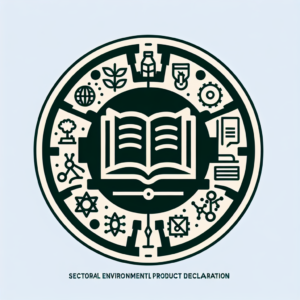In an increasingly demanding work environment, the emotional health of workers becomes a critical point for performance and motivation. Experts from Cigna Healthcare have pointed out that certain signs of emotional insecurity, such as a distorted perception of one’s own worth, indecision, and the need for continuous validation, can act as early indicators of deeper problems that, if not addressed, can erode both talent and professional motivation.
Cigna Healthcare’s international health study reveals that only 42% of the global population feels that their work environment provides enough opportunities to take care of their personal health. In Spain, this figure drops to a concerning 32%. This lack of emotional support can turn job demands into an unsustainable burden, generating internal wear that, far from manifesting as visible exhaustion, presents itself as a constant feeling of uncertainty and blockage.
Experts highlight that factors such as insecurity and indecision often go unnoticed, although their impact on autonomy and work initiative is significant. Impostor syndrome, for example, manifests in those who, despite their achievements, do not feel deserving of their success and fear being “exposed”. This can trigger anticipatory anxiety and severe self-criticism, leading even to avoiding new responsibilities. On the other hand, work aboulomania translates into chronic indecision that can result in procrastination or excessive delegation of tasks, driven by a fear of making wrong decisions.
Amira Bueno, Director of Human Resources at Cigna Healthcare Spain, maintains that these manifestations are not mere individual traits, but symptoms of a broader emotional imbalance that affects both personal well-being and performance. She argues that in a work environment without adequate emotional support, doubts and fear of making mistakes can intensify, damaging workers’ ability to make effective decisions and generate a positive impact.
In order to combat these problems, experts propose a comprehensive approach that fosters self-confidence and clarifies roles and objectives within the organization. Promoting a culture that validates learning through mistakes is essential to enhance not only talent but also the overall performance of teams. Among the signs to watch out for are distorted self-perception, decision-making blockages, anxiety in the face of new challenges, the need for external approval, and the fear of failure. Identifying and addressing these signs in time can make the difference between a healthy work environment and one marked by insecurity and low performance.
Source: MiMub in Spanish











